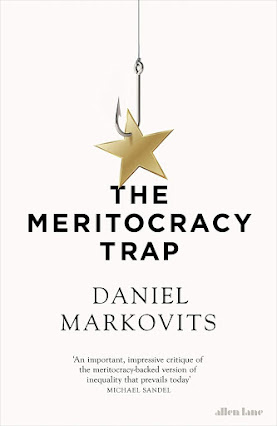Blog #6: Visual

Merit-Aid Arms Race at Public Universities Figure 1 shows that 339 public universities examined has spent approximately $32 billion on non-need-based aid from 2001 through 2007, whereas $49 has been spent on need-based aid. During this period, $2 out of every $5 of the institutional aid went to students who are able to afford college without financial aid. Figure 2 shows how public universities’ use of non-need-based aid has dramatically increased. In 2000-01, 339 public universities spend about $1.1 billion annually on merit-aid for relatively affluent students; however, by 2016-2017, these schools were spending nearly $3 billion yearly on merit-aid. As we can see in Figure 3, more than half of the 339 schools at least doubled the amount of money they spent on merit-aid; more than a third at least tripled the amount; and more than a quarter quadrupled the amount; about one in five schools quintupled the amount. As these data demonstrate, colleges do not merely
